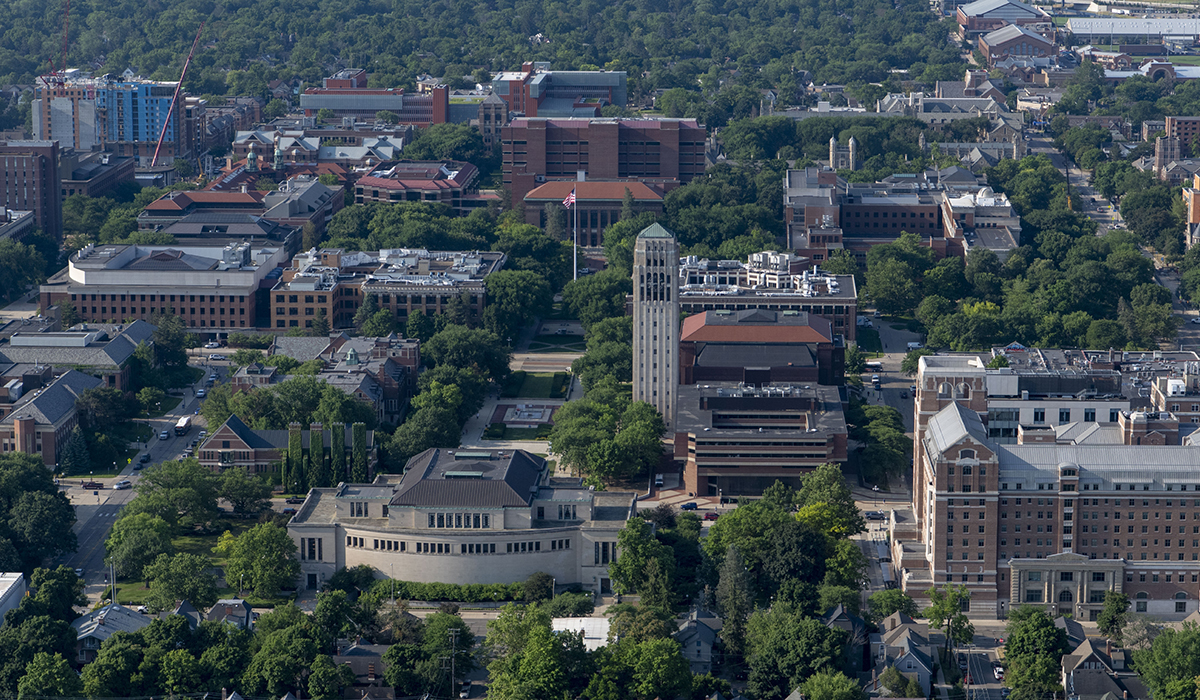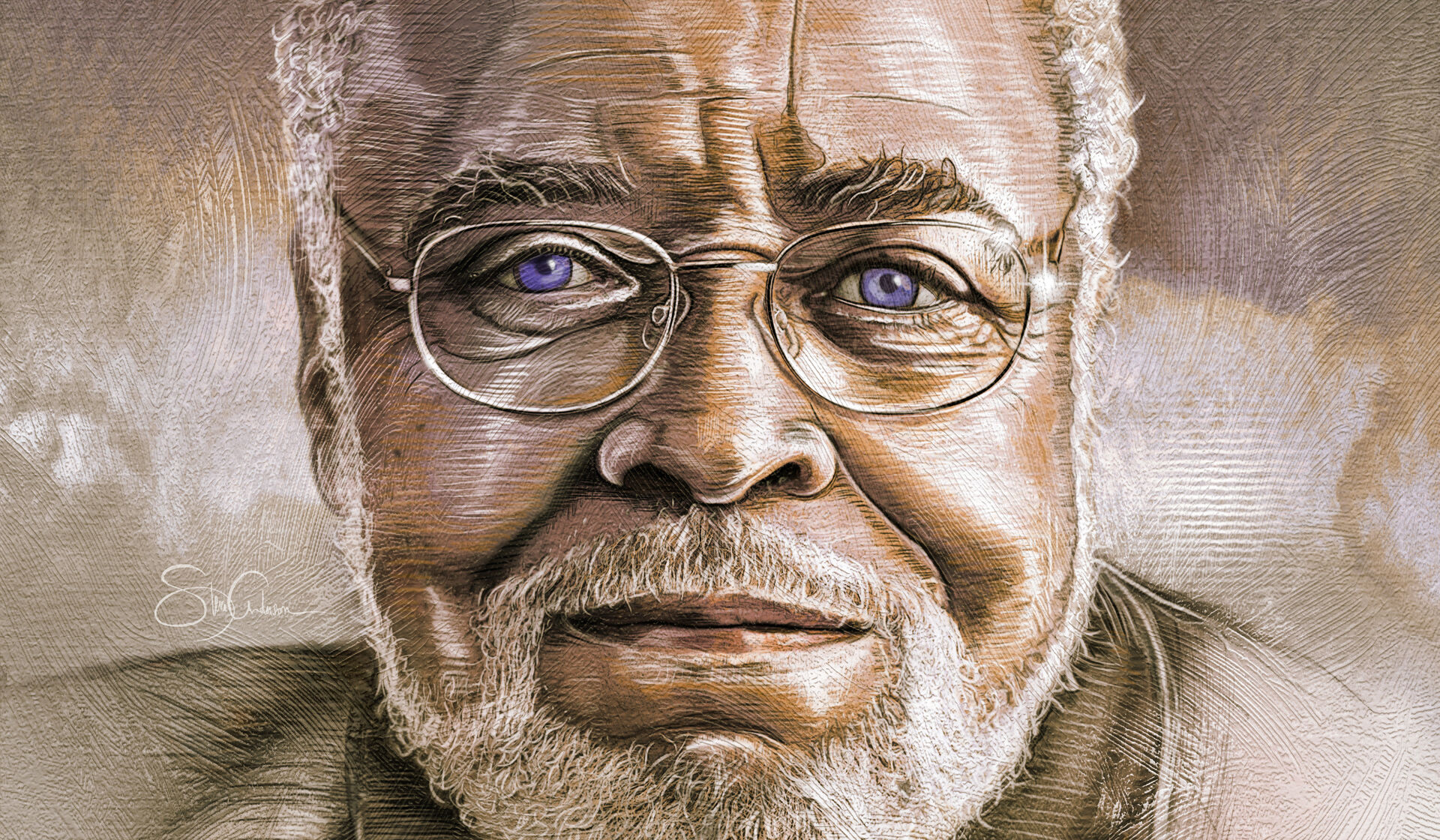On June 5, U-M President Mark Schlissel held a virtual town hall (recording available on the U-M YouTube page) to discuss how the U-M community can effect change following the killing of George Floyd. Robert Sellers, U-M’s chief diversity officer, closed the event by asking the U-M community to help define next steps by answering a number of questions. Michigan Alumnus reached out for input from alumni, and some of their responses follow.
-
What is one thing you’re willing to do personally?
-
What is one thing you’re willing to do with others to engage in addressing racial bias?
-
What is one thing you’re willing to do to fight systemic racism in your school or workplace?
Scott Seabolt, ’93
I am trying to identify and question my personal biases, of all shapes and sizes, every day. I am not going to wait for another crisis. I want to make it part of my being and personal evolution. I am recommitting to working with nonprofits focused on Detroit youth and the relationship between the Detroit Police and the community it serves. I own my law firm. As an employer, the most powerful tool we have to effect change is hiring a diverse workforce, be it race, ethnicity, gender, orientation, etc. Surrounding myself with people from different backgrounds makes me smarter, makes me more effective at my job, and makes my firm a more enriching place to work.
David Jay Boyd, ’86
My daughter, a U-M grad, shared with me the “Groundwater Approach” analogy on the Racial Equity Institute website. If you see a dead fish in a lake, you wonder what is wrong with the fish. If you see a lake full of sick fish, you wonder what is wrong with the lake. If you see all the lakes having sick fish, you must ask, “What’s wrong with the groundwater?” Systemic racism is like groundwater causing a problem. We must address it at its root.
Alison Mankowski, ’89
I am starting to research and financially support Black candidates who are running for office. Can you believe we’ve only had 10 Black senators in our country’s history? I also joined a new book club focused on racial bias in our community. We are reading “Stamped from the Beginning,” by Ibram X. Kendi (a 2016 National Book Award winner for nonfiction). I also sent an email to my company’s leadership on June 9 sharing my concern that they hadn’t yet released a statement in the wake of the George Floyd murder — either internally or externally. As a social worker, I shared my belief that our Black colleagues need to know they work in a safe environment. Inherent bias can run deep. We need open dialogue and education in support of unlearning racism.
Shirley Cheng, ’09
I have donated money, posted information to social media, and attended a protest in my neighborhood. I have also engaged in difficult conversations with my family to emphasize the injustices black people face. Reframing conversations and highlighting underlying reasons for protests becoming violent will continue to be something I discuss with them. I have also asked my employer to initiate analysis around diversity at different levels and asked if we are going to remove inquiries about past convictions.
S. Kerene Moore, ’02, JD’05
I am personally committed to using my law degree to root out systemic injustice, promote equity, and increase access to justice for all. I will continue to listen to others, speak up, and demand that individuals in power consider how racial bias can impact decisions, keep the status quo, and contribute to inequities across communities.
Naomi Goldberg, MPP ‘08
As a white parent raising a white child, I am having conversations with fellow parents, reading books, and attending workshops in my community about the concrete steps I must take to raise an anti-racist child. This means having conversations about inequality and racism often with my son, even when they may feel uncomfortable for me. Here in Ann Arbor, I’m active with Bend the Arc Social Action, where I am working with white Jews to leverage both our white privilege and our experience as Jews to work for a more just multiracial democracy.
Steph White, MPA’20
I’ve just joined a group of white women who are beginning this week to hold regular anti-racism workshops/conversations with a professional facilitator who offered this to us. My goal is to continue to challenge my own internalized racism and learn to engage others in my peer group with effective strategies that end our contributions to white supremacy, no matter how small we might think they are.





